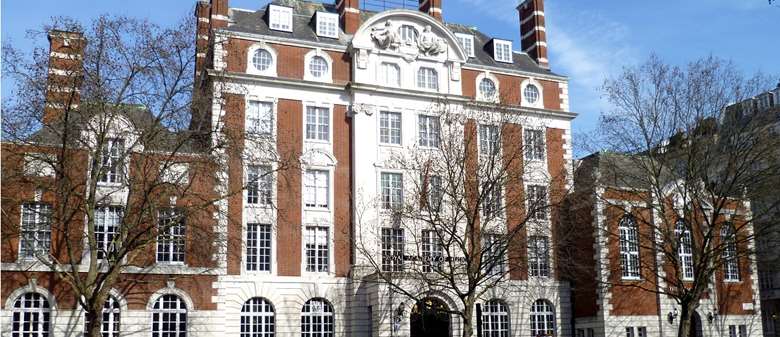'We have not removed Handel, or any other composer, from the syllabus': Royal Academy of Music responds to decolonisation rumours
Lucy Thraves
Wednesday, May 26, 2021
The Royal Academy of Music has responded to articles in the Times and the Telegraph that suggest it is planning to 'decolonise' its collections by removing some of its rare instruments


Register now to continue reading
Don’t miss out on our dedicated coverage of the classical music world. Register today to enjoy the following benefits:
- Unlimited access to news pages
- Free weekly email newsletter
- Free access to two subscriber-only articles per month